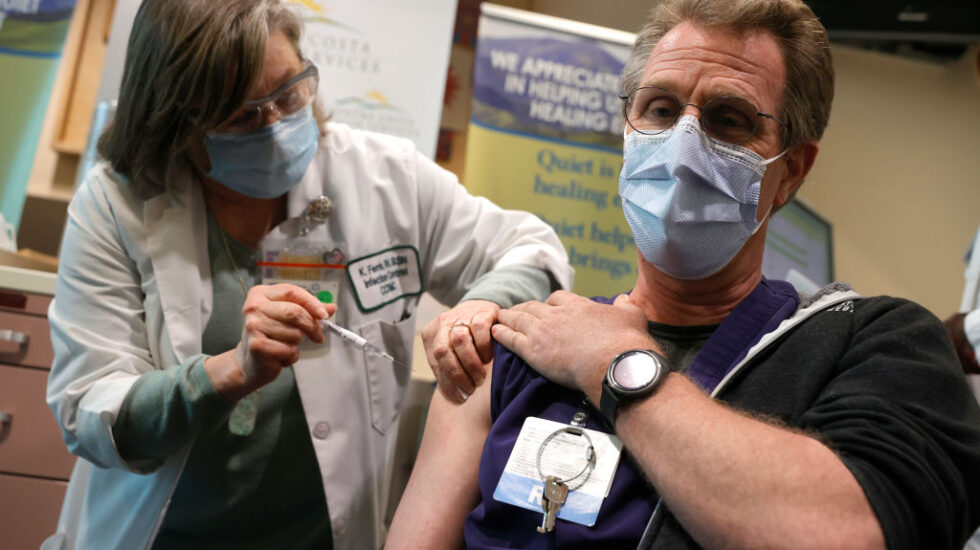Bio-tech firm Pfizer says its two-dose COVID-19 vaccine is showing signs of weakening immunity after six months. The company says it will seek emergency authorization from the FDA for a booster dose that will offer more protection against new strains of the virus, such as the highly contagious Delta variant. It’s the latest sign that people who are fully vaccinated will likely need a third dose of the vaccine at some point to be fully protected against the new COVID variants.
In a statement sent to CNN, Pfizer said the following about its vaccine at the half-year mark:
“As seen in real world data released from the Israel Ministry of Health, vaccine efficacy in preventing both infection and symptomatic disease has declined six months post-vaccination, although efficacy in preventing serious illnesses remains high.”
The company added that a decline in efficacy over time was expected, especially as new variants popped up. The necessity for a third shot, a booster dose taken within 6 to 12 months of the second shot, is also not a surprise. Pfizer’s CEO talked about the likelihood of a third dose being necessary back in February.
The breakdown of the vaccine’s effectiveness comes from a country — Israel — where the Delta variant has been the dominant strain.
More from CNN:
Israel's health ministry said in a statement earlier this week that it had seen efficacy of Pfizer's vaccine drop from more than 90% to about 64% as the B.1.617.2 or Delta variant spread.
The company said booster doses of its vaccine, developed with BioNTech, produces levels of neutralizing antibodies that are five to 10 times higher than what's produced after two doses."The companies expect to publish more definitive data soon as well as in a peer-reviewed journal and plan to submit the data to the FDA, EMA and other regulatory authorities in the coming weeks," Pfizer said in a statement.And it says it's also developing a new formulation for a booster dose that may more thoroughly protect people from new variants.
Clinical trials for the booster dose should begin next month.
